This is the 1732 marriage of my wife’s 6th great-grandparents Joseph Manuel de Ayala and Josefa Antonia Cantu in Monterrey, Nuevo Leon, Mexico.
They got married on July 28, 1732. I just want to mention that I have found this particular ancestor listed as both Ayala and Allala on many documents. As you can see on the margin of the marriage record he is listed as Ayala and then on the actual record as Allala.
The following document lists his parents as being Nicolas Allala and Antonia de la Garza. The parents of Josefa are listed as Joseph Cantu and Gertrudis de la Garza.
The document also mentions that there was a marriage dispensation in the 3rd degree by blood relation.
Cut out of Original Image:
View Original Image at FamilySearch.org
Transcription of marriage image:
Joseph Mal. de Ayala y Anta. Cantu Espanoles
En beinti ocho de julio de setecientos treinta y dos a. case y vele ynfacie a Jospeh Manuel de Alla hijo Legitimo de Dn. Nicolas de Allala, y de Anta. de la Garza, con Josepha Anta. Cantu Doncella hija legitima de Jospeh CAntu y de Gertrudis de la Graza todos Espanoles, originarios y vesinos de esta ciudad Acindoseles dispensado el parentesco de 3o. grado en igualdad, de sangre, y publicados los [/} de boleta En los dias 15, 26, y 27 de esthe mes fueron testigos Ygnacio Gutierres, Xptoval Trevino y Cayetano Baldes, y lo firme.
Fr. Mathias de Aguirre
Sources:
- FamilySearch.org (View Original Image)
- Index to the Marriage Investigations of the Diocese of Guadalajara 1653 – 1750. Pg 178 # 41-6

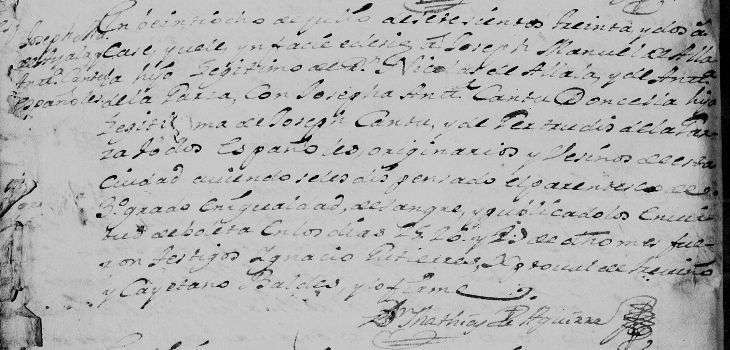

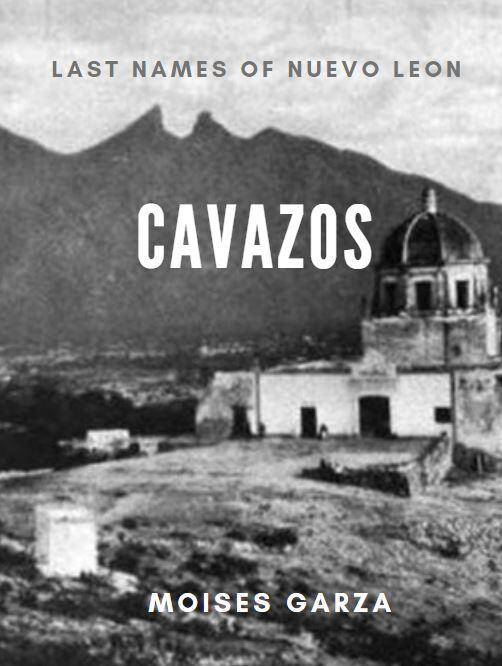
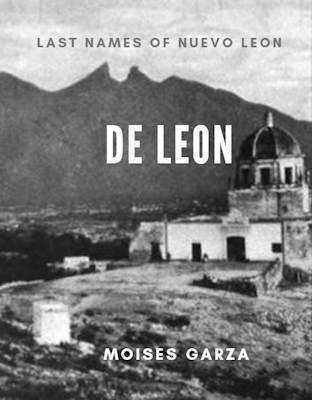
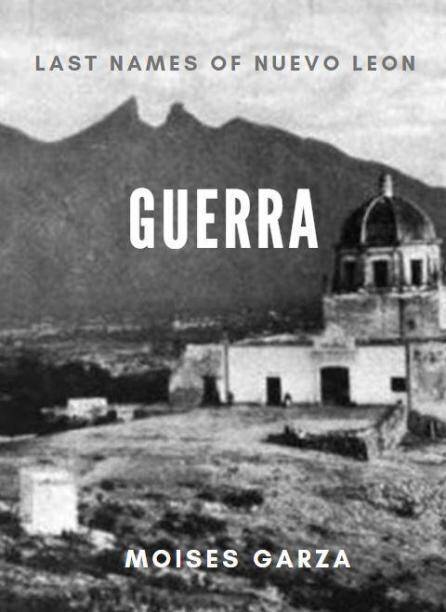
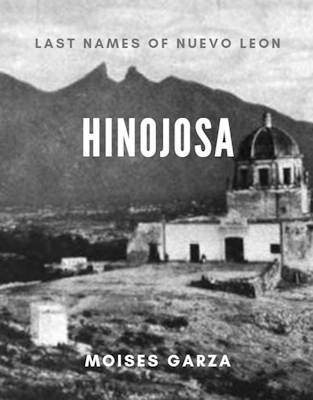
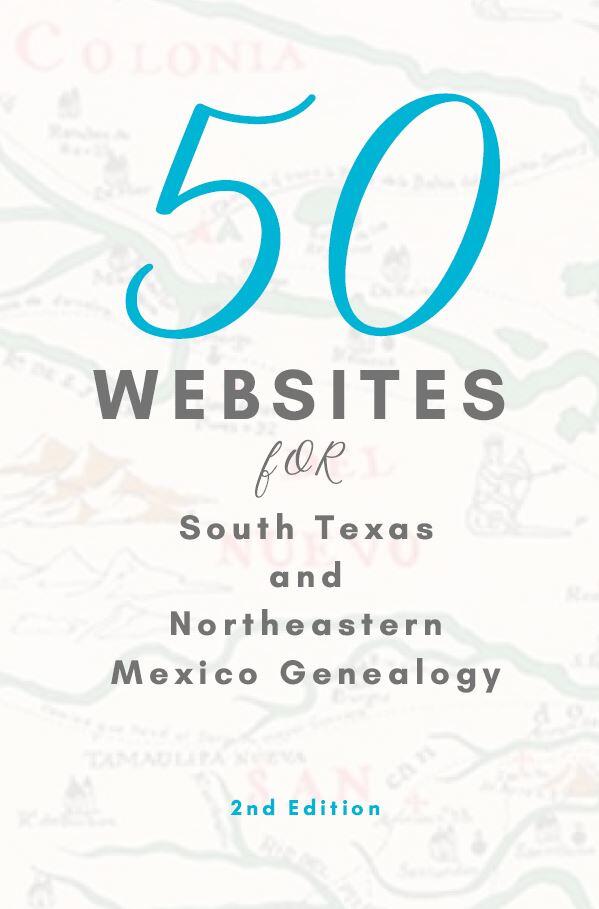
Another example of the phonetic spelling… ll for ‘ya’ sound. I have heard Spanish spoken in my family and more when I was a child, but I don’t speak Spanish. I took Latin in school and so reading the old texts has not been hard for me, especially since I am a pharmacist and am used to deciphering bad handwriting. I have to sound out some names sometimes to understand those minor differences. It also seems to help when one priest is writing the records and they tend to be more consistent with their own abbreviations etc, I had a name recently with the double ‘l’ and it was the first time I came across that. I suppose it might be more common in the older (pre-1800) records. Thanks for pointing that out. I find it very interesting.
It is very interesting Larissa, I also think since the priest where not local (I am assuming, that is the case now days) they would write as taught or how it was common practice where they were from. I often wonder if our ancestors would use Jose or Joseph or was it just that the priest wrote it as Joseph.